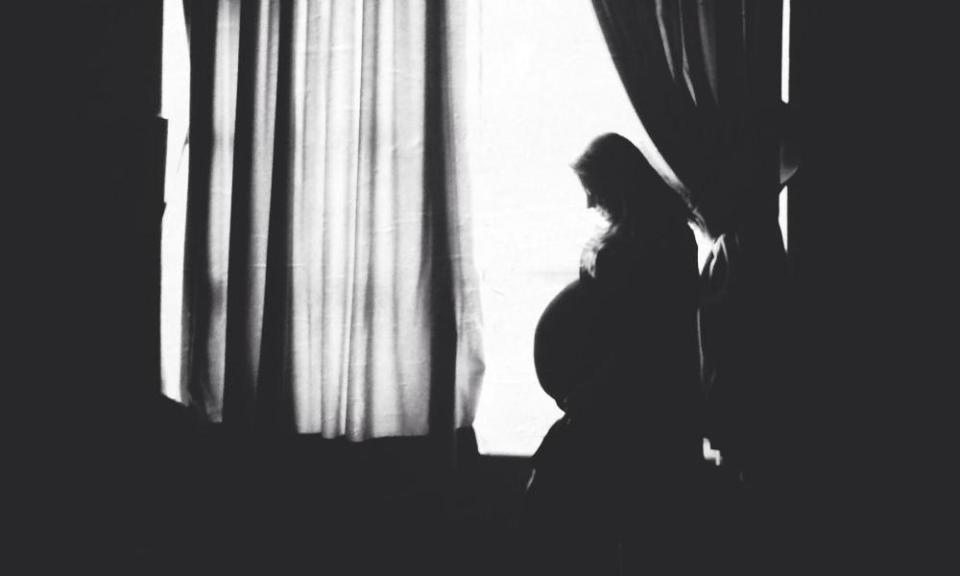An injection of hope for pregnant women

Molly Warrington welcomes the news that women at risk of miscarriage may now be helped by progesterone injections
I was delighted to read that some pregnant women may now be helped by progesterone injections (Women at higher risk of miscarriage to be offered hormone drug by NHS, 24 November).
Almost exactly 50 years ago, in 1972, after I’d endured the heartbreak of four miscarriages, my empathetic consultant prescribed weekly progesterone injections. Aided by those injections, I went on to give birth to two healthy daughters. In 1978, after moving to Cambridge, I was pregnant again and, following minor bleeding, my GP willingly prescribed hormone injections. I was, however, roundly criticised by the hospital consultant on my first antenatal visit, because such injections supposedly hindered, rather than helped. I was told, starkly, that my baby was dead. That baby is now a healthy 6ft man.
Molly Warrington
Cambridge
• Have an opinion on anything you’ve read in the Guardian today? Please email us your letter and it will be considered for publication.

 Yahoo Finance
Yahoo Finance 